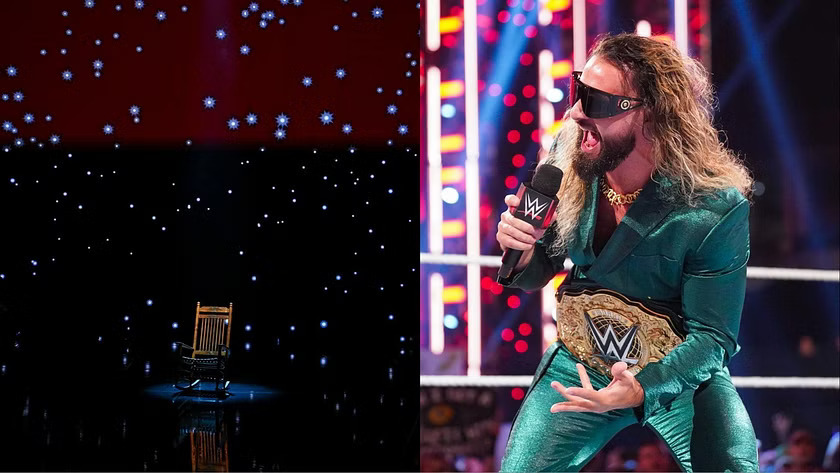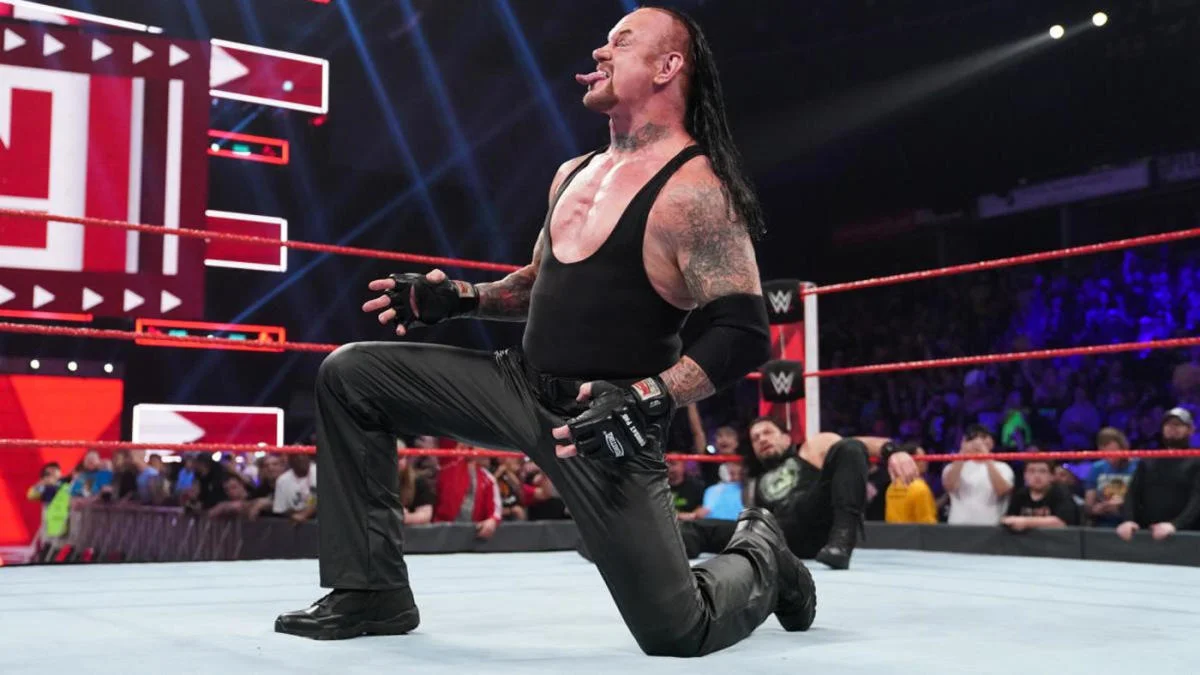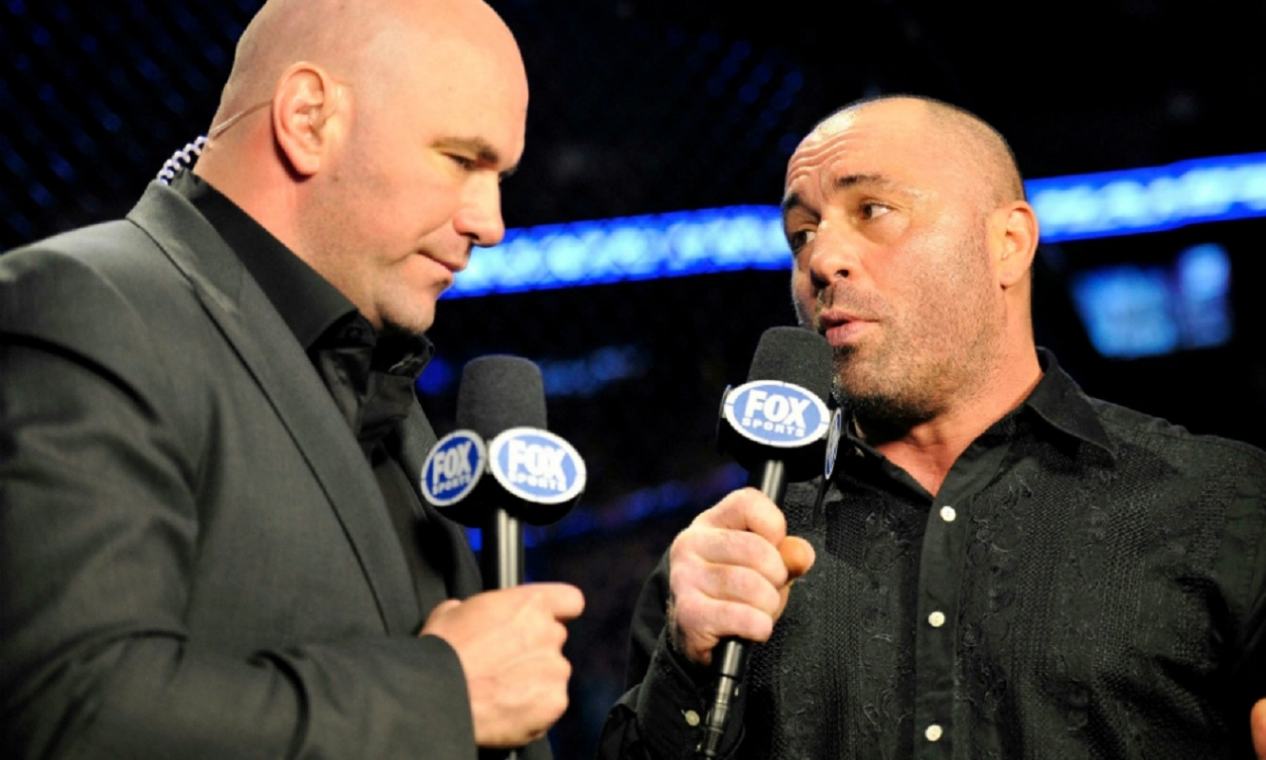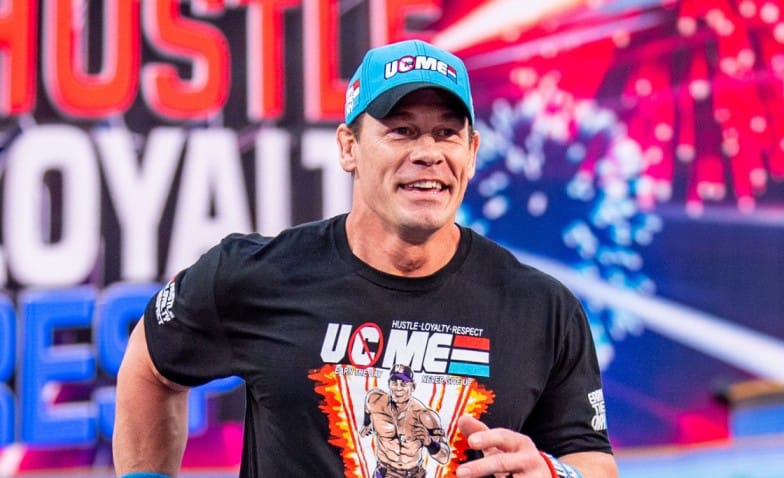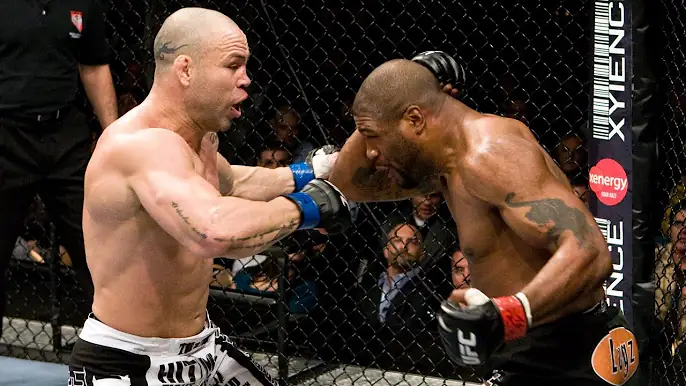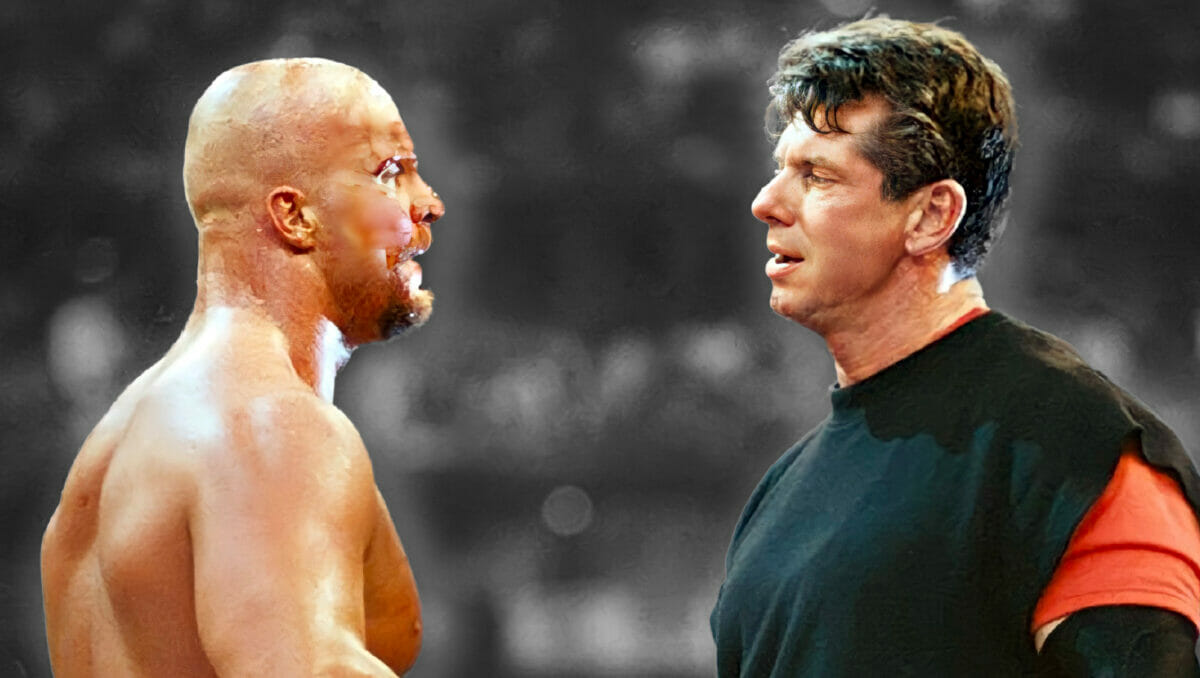Eddie Hearn Rebukes Critics Over Saudi Arabia’s Boxing Role
Eddie Hearn, the popular boxing promoter, has recently come under fire from a group of individuals who are questioning whether Saudi Arabia should be getting any more involved in sport. In a time where boxing seems to be making a resurgence, with the sport being popularized through influencer fighting and high-profile wars, Saudi Arabia has become one of the key players in terms of organizing major events. While the fans get fights that they have always desired, the nation’s increasing relationships in boxing are not completely free of complexities either.
Hearn passionately defended the global nature of boxing at The MMA Hour to address some scepticism about it, pushing back against thoughts that boxing should be limited only to strongholds like the United States and Britain. “People say, ‘Oh, you must feel like you’re stealing boxing from America or Britain.’ This is what they call the world.” For Hearn, the very spirit of boxing goes beyond borders, and Saudi Arabia’s involvement in it is not a bad thing but rather an indication that this sport continues to grow worldwide.
Recognising his British heritage, Hearn said he wanted to take some big fights back home and into the United States. He, however, quickly added that boxing should not be limited to these areas alone. Hearn says that this is a conservative idea because it does not want to see another country entering the scene of boxing as something undesirable and instead considers how big our sport can become available everywhere in the world.
Saudi Arabian boxing has been characterised by high-profile events that grab attention and make people talk simultaneously. Such partnerships are questioned by critics, particularly in a country whose political terrain is quite complicated. However, Hearn remained unswayed as he pointed out the necessity of embracing the sport’s international aspect.
In the future, all eyes will be set on the matchup between Anthony Joshua and Francis Ngannou scheduled for March 8 in Saudi Arabia. As Joshua seems to win on paper, Ngannou’s impressive fight against Tyson Fury has brought an air of mystery into the proceedings. In an interview with Ariel Helwani, Joshua’s promoter, Hearn, expressed tremendous confidence in his champion while denying any possibility that Ngannou could stage a significant challenge.
Hearn’s evaluation of the match is very simple; he considers it an easy job for Joshua. Speaking somewhat bluntly, despite the MMA world enjoying modern waves of highs on Ngannou’s term achievements, reports Hearn “I know Ariel. I know you are feeling a little bit over the top at this juncture in time, and yeah maybe the fight with Dos Santo was your low point, but we will bring ourselves straight back to reality like that.”
politics, ethics, and even the identity of sport Some critics believe that frequent cooperation with problematic countries could spoil the image of this sport, but Hearn is practical. He talks about the grand design—a world in which boxing is no longer limited by borders or preconceived ideas.
Hearn’s argument for Saudi Arabia hosting a major boxing event reflects a growing trend in the sports world, wherein prominent tournaments are held not just at traditional venues. This shift challenges traditional ideas of where certain sports “fit” and opens new avenues for international cooperation. Hearn is of the opinion that boxing’s entry into new territories enriches its tapestry.
Criticism about Saudi Arabia’s involvement is not only related to the geopolitical terrain. It is that problems revolving around human rights issues and their internal affairs further complicate the discussion. Nonetheless, the reaction of Hearn indicates that there is a distinction between sport and politics; boxing can be an inclusive force bridging over controversies related to individual host countries.
With the changing international landscape of boxing, so do roles such as that of Eddie Hearn. The argument for a more inclusive and expansive perspective on the sport is reflected in his views, which mirror changes that can be noted within the industry. No longer do the old powerhouses dominate boxing’s narrative; new entrants, such as Saudi Arabia, are becoming increasingly involved in its future development.
When sports too often become a buddy of politics in our world, Hearn’s position on the case with Saudi Arabia and boxing looks forward to another reality when athletes are loyal not by state but united at last through love for sport. Despite critics who will always question the decisions of promoters and organisers, Hearn’s steadfastness in boxing as a sport that knows no boundaries attests to its universal appeal, where it can bring people together all over the globe irrespective of whether credits are fought here or there.

